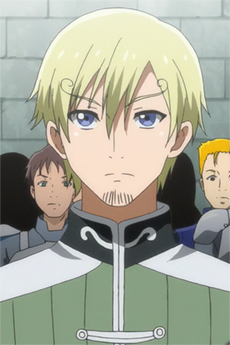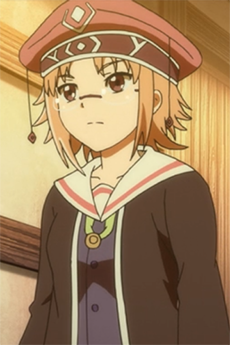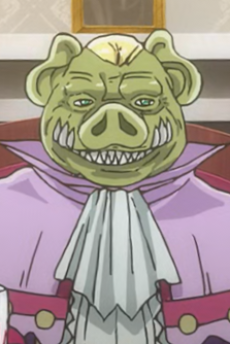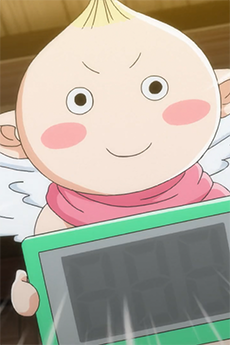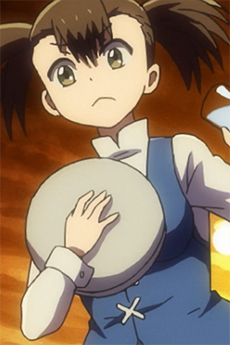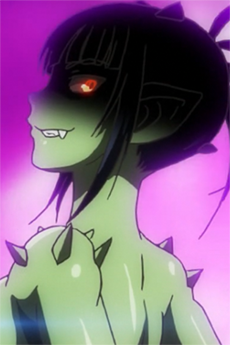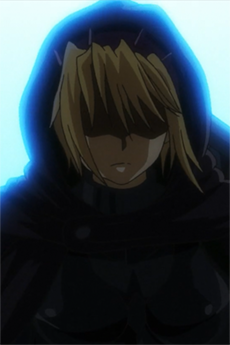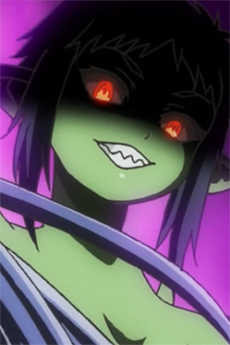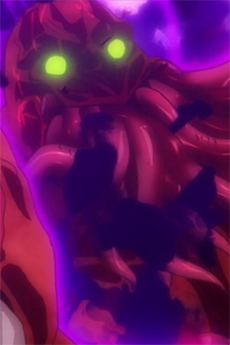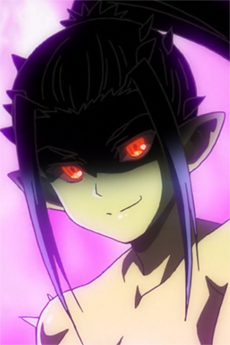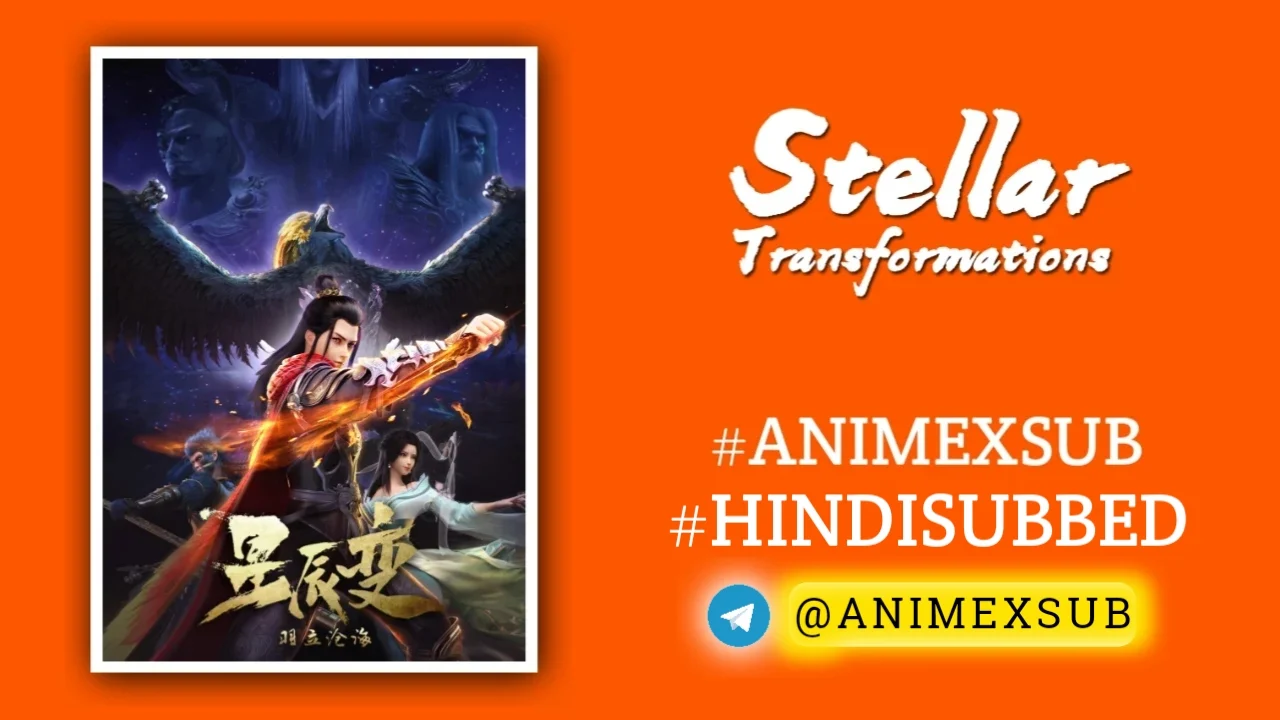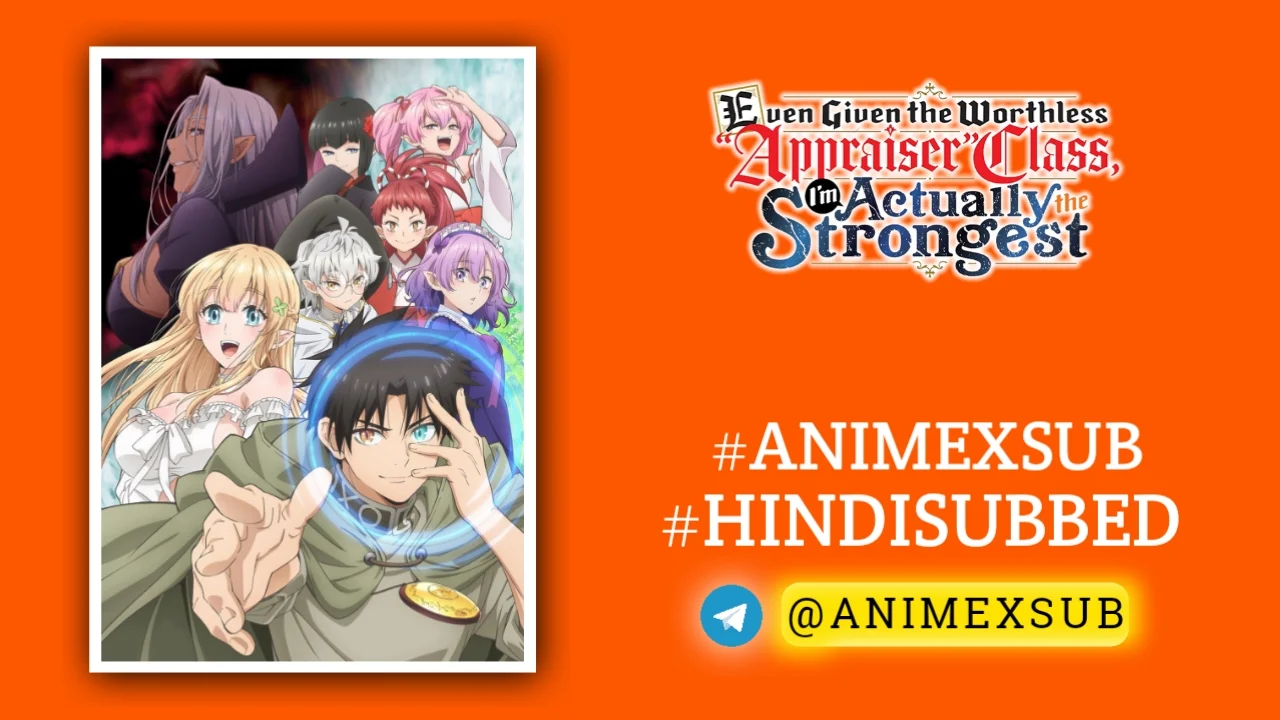
Peter Grill and the Philosopher’s Time Season 1 Hindi Subbed [12/12] | Peter Grill to Kenja no Jikan Hindi Sub

Peter Grill to Kenja no Jikan
Peter Grill and the Philosopher's TimeSynopsis
Peter Grill is the world’s strongest fighter, but his ascent to the top came with an unexpected consequence: Women around the world, human and monster alike, want to bear his genetically superior children! Since he’s currently engaged to the love of his life, Peter isn’t too keen on his sudden popularity, and it will take every ounce of self-control for Peter to keep his hands to himself and his relationship with his paramour in one piece! (Source: Sentai Filmworks)
Watch Trailer
Characters
Peter Grill and the Philosopher’s Time Season 1: A Deep Dive into a Polarizing Ecchi Comedy
Peter Grill and the Philosopher’s Time Season 1, a 2020 anime adaptation of Daisuke Hiyama’s manga, is a bold, controversial entry in the ecchi and harem genres. Spanning 12 episodes, each roughly 12 minutes long, this fantasy-comedy series by Studio Wolfsbane dives headfirst into mature themes, blending crude humor, moral dilemmas, and a fantastical setting. While it has garnered a niche following, it’s also sparked heated debate due to its provocative content and questionable character motivations. This review explores the series’ narrative, themes, strengths, and flaws, offering a fresh perspective on its place in anime culture.
Plot and Premise
The story follows Peter Grill, a swordsman crowned the “strongest man in the world” after winning a prestigious fighting tournament. His victory earns him the chance to marry his naïve fiancée, Luvelia Sanctos, but it also attracts a host of women from various races—ogres, elves, orcs, and more—who pursue him to secure his “seed” for strong offspring. Peter’s struggle to remain loyal to Luvelia while being coerced, manipulated, or seduced forms the core of the narrative. The show frames itself as a comedy, using exaggerated scenarios and fan service to drive its humor, but it treads a fine line between satire and exploitation.
The premise is simple yet ripe for exploration: what happens when ultimate strength becomes a curse? Peter’s fame makes him a target, and the show attempts to juxtapose his desire for monogamy with the relentless advances of other women. However, the execution often leans heavily on sexual comedy, which overshadows deeper thematic potential.
Themes and Moral Complexity
At its best, Peter Grill toys with a moral dilemma: love versus lust, duty versus temptation. Peter’s internal conflict—wanting to stay true to Luvelia while succumbing to external pressures—could have been a compelling study of human weakness and societal expectations. Some reviews praise this aspect, noting that the show occasionally presents Peter’s struggle as a satirical take on masculinity and fidelity. For instance, his repeated failures to resist temptation, despite his strength, highlight a paradox: physical power doesn’t equate to emotional or moral fortitude.
Yet, the series struggles to maintain this depth. Critics argue that Peter’s characterization undermines the moral conflict. His protests feel hollow when he repeatedly gives in, often with little resistance, making him seem hypocritical rather than sympathetic. The show’s reliance on non-consensual scenarios—framed as comedic—further complicates its moral landscape. Many viewers find these moments troubling, as they blur the line between humor and exploitation, raising questions about the show’s intent and audience.
Strengths
- Bold Humor and Satire: For fans of ecchi, the show delivers unapologetic fan service and absurd comedy. Its short episodes make it a quick, light watch, and the exaggerated scenarios—like Peter’s “infinite erection” curse—can elicit laughs for their sheer audacity. The dialogue’s creative euphemisms for mature themes add a layer of playful wordplay, which some find entertaining.
- Vibrant Animation: Despite criticism of inconsistent animation quality, the character designs are eye-catching, tailored to the male otaku gaze. The colorful fantasy world, populated by diverse races, adds visual flair, even if the world-building is shallow.
- Voice Acting: The Japanese and English dubs, featuring talents like Hiro Shimono and Joe Daniels as Peter, bring energy to the absurd scenarios. Luvelia’s innocence, voiced by Yui Ninomiya, contrasts well with the more aggressive female characters, adding some emotional grounding.
Weaknesses
- Shallow Characters: Beyond Peter and Luvelia, most characters lack depth. The women pursuing Peter—Lisa and Mimi Alpacas (ogres), Vegan Eldoriel (elf), and others—are defined by their sexual aggression, reducing them to archetypes rather than nuanced figures. Luvelia’s extreme naivety, believing babies come from storks, strains credulity and limits her development.
- Repetitive Plot: Each episode follows a predictable cycle: Peter vows fidelity, encounters a new woman, and ends up in a compromising situation. This formula grows stale, and the lack of meaningful progression in Peter’s relationship with Luvelia frustrates viewers seeking narrative substance.
- Controversial Themes: The show’s handling of consent is a major point of contention. Peter is often coerced or manipulated, with some scenes framed as rape for comedic effect—a choice many find distasteful. This approach alienates viewers who might otherwise enjoy the humor, as it risks normalizing problematic dynamics.
- Missed World-Building Opportunities: The fantasy setting, with its mix of humans and monster races, hints at a rich world, but the show rarely explores the politics, cultures, or histories behind these races. This lack of depth makes the stakes feel trivial.
Unique Elements
What sets Peter Grill apart from other harem anime is its explicitness. Unlike many series that tease romantic tension without resolution, this show depicts sexual encounters (albeit censored), pushing the boundaries of ecchi toward hentai territory. This boldness, combined with its fantasy setting, creates a niche appeal for fans of Interspecies Reviewers or Monster Musume. Additionally, the show’s self-awareness—occasionally poking fun at its own absurdity—adds a layer of meta-humor that resonates with viewers who enjoy irreverent takes on genre tropes.
Reception and Impact
The series has polarized audiences. Some praise its unapologetic comedy and fan service, calling it a guilty pleasure for ecchi enthusiasts. Others, however, criticize its lack of substance and problematic themes, with some labeling it “trashy” or a “waste of time”. On platforms like MyAnimeList, it holds a modest score, reflecting its divisive nature. Its short runtime and accessibility on platforms like Crunchyroll have made it a quick watch for curious viewers, but it’s unlikely to leave a lasting cultural mark compared to more ambitious anime.
Conclusion
Peter Grill and the Philosopher’s Time Season 1 is a chaotic, polarizing experiment in ecchi comedy. Its blend of crude humor, fantasy elements, and moral dilemmas offers moments of entertainment, particularly for fans of the genre. However, its repetitive plot, shallow characters, and controversial handling of consent hinder its potential to be anything more than a niche curiosity. For those seeking a thought-provoking narrative or rich world-building, the series falls short. Yet, for viewers who enjoy unfiltered, risqué humor, it delivers a quick, absurd ride. Ultimately, its legacy lies in its audacity—whether that’s a strength or a flaw depends on the viewer’s taste.
Support Our Anime Community!
Love watching the latest anime? Help us keep uploading new episodes by join telegram channel ❤️
Join Now!



